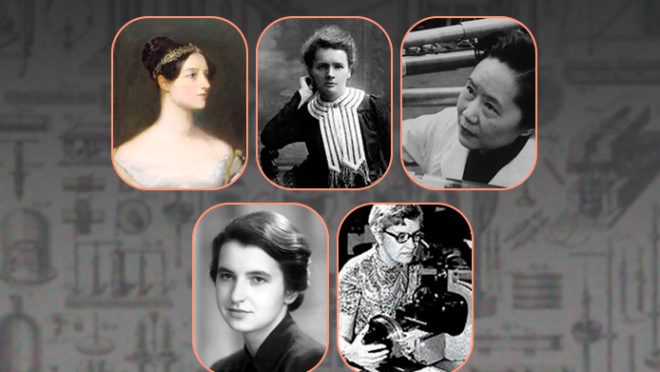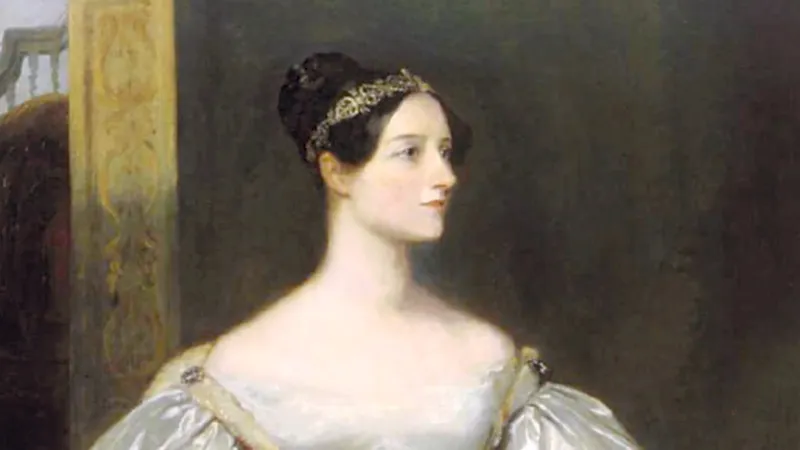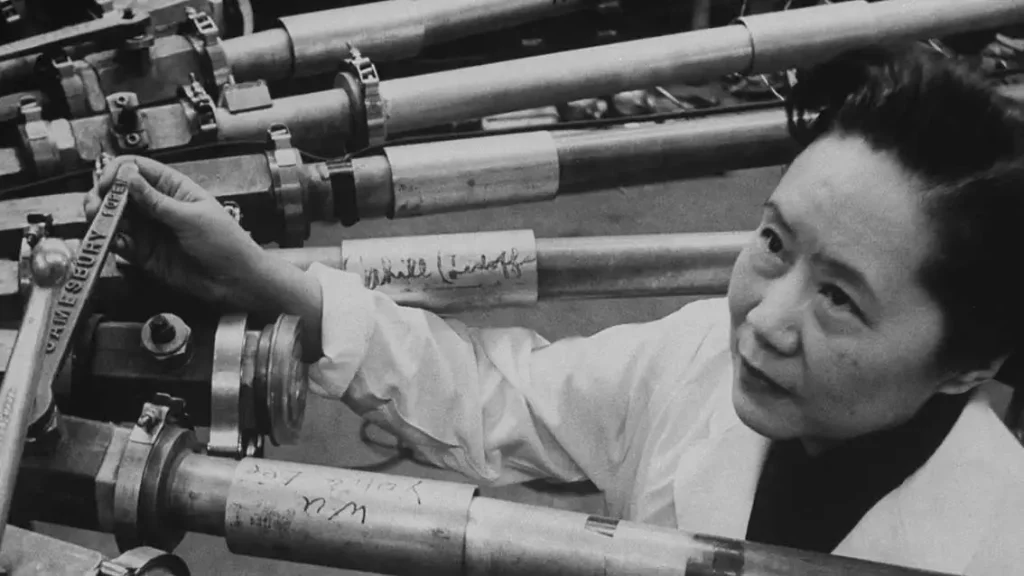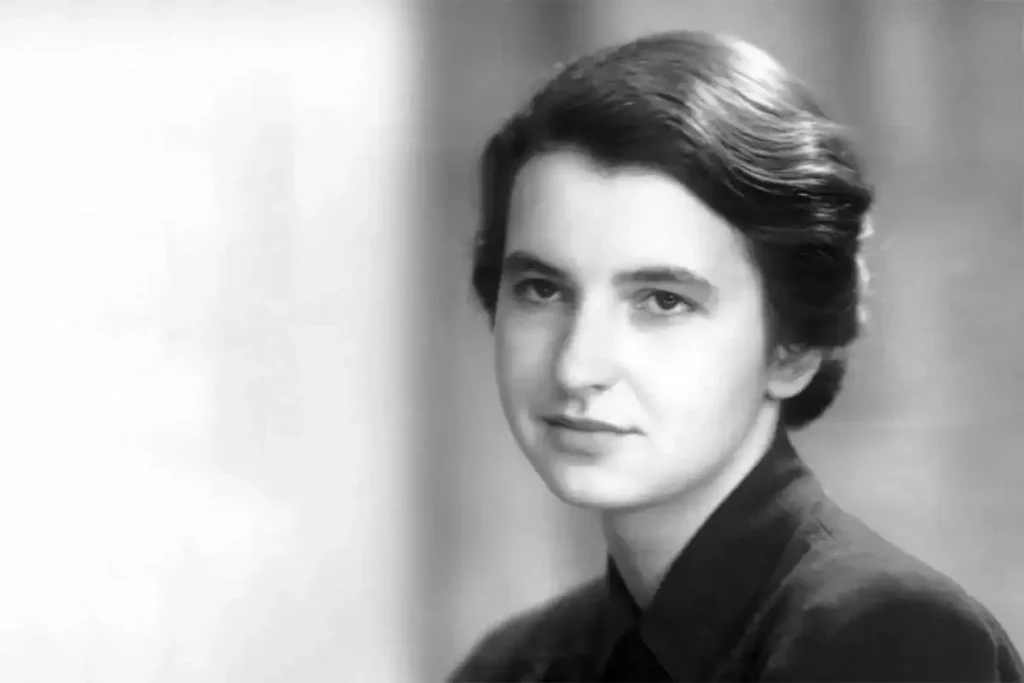Women and girls in STEM: 5 female scientists who changed the world
Women and girls in STEM: 5 female scientists who changed the world

Science has long been seen as a male-dominated field yet women have made some of the most groundbreaking discoveries, often pushing through barriers of gender bias to reshape our understanding of the world.
From Ada Lovelace’s early steps into programming to Vera Rubin’s revelations about dark matter, these scientists defied the norms of their time. On this Day of Women and Girls in Science, we remember five of the brilliant female scientists who shaped the way we see the world.
Ada Lovelace (1815–1852): The first computer programmer

Long before modern computers, there was Ada Lovelace. The English mathematician, born Augusta Ada Byron, worked with Charles Babbage on his early mechanical computer, the Analytical Engine.
What set her apart wasn’t just her mathematical genius but her vision—she saw beyond mere calculations and recognised that machines could be programmed to follow complex instructions. Her notes on the Analytical Engine contained what is now considered the first-ever computer algorithm, making her the world’s first programmer.
Marie Curie (1867–1934): The woman who changed science forever

Marie Curie didn’t just break barriers—she obliterated them. A physicist and chemist, she was the first woman to win a Nobel Prize and remains the only person ever to win in two different scientific fields (Physics and Chemistry).
She and her husband, Pierre Curie, discovered the radioactive elements polonium and radium, and she later developed mobile X-ray units during World War I, helping wounded soldiers on the battlefield. Her work laid the foundation for modern radiation therapy, but tragically, prolonged exposure to radiation ultimately led to her death.
Chien-Shiung Wu (1912–1997): The physicist who proved the experts wrong

Chien-Shiung Wu’s contributions to nuclear physics were so significant that they reshaped the field—but when the Nobel Prize was awarded for her groundbreaking work, her male colleagues took all the credit.
Wu is renowned for her role in the Manhattan Project and was the first scientist to confirm — and later refine — Enrico Fermi’s theory of radioactive beta decay. She is also known for her “Wu experiment,” which overturned the theory of parity in physics. This breakthrough led to a Nobel Prize that was awarded to her male colleagues, with Wu’s critical role in the work overlooked.
Rosalind Franklin (1920–1958): The hidden hero of DNA

If you’ve ever seen the iconic image of the DNA double helix, you have Rosalind Franklin to thank. The British chemist used X-ray diffraction to capture the first clear image of DNA’s structure—an achievement that should have cemented her as a leading figure in science.
Instead, James Watson and Francis Crick used her findings without proper credit and won the Nobel Prize years later. Franklin died of ovarian cancer at just 37, likely due to exposure to radiation during her research. To this day, many argue she should have shared in the Nobel recognition.
Vera Rubin (1928–2016): The astronomer who unveiled dark matter

Vera Rubin’s work changed the way we see the universe—literally. She discovered that galaxies weren’t rotating the way they should, leading to one of the biggest revelations in modern physics: dark matter.
This invisible, mysterious substance makes up most of the universe, yet we still don’t fully understand it. Despite her groundbreaking contributions, the Nobel Prize eluded her, a fact that remains a major controversy in the scientific community. But her legacy lives on in the countless astronomers she inspired and the fundamental shift she brought to our understanding of the cosmos.
Let’s not just celebrate women in science—let’s empower, support, and inspire the next generation to take their rightful place in shaping the future of science and technology. Because when women rise in STEM, the whole world benefits.


